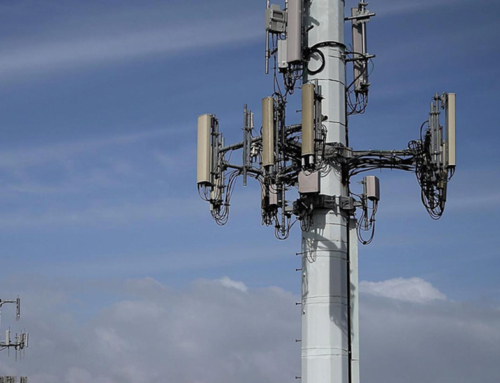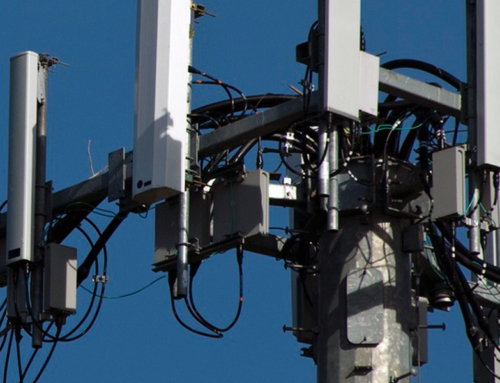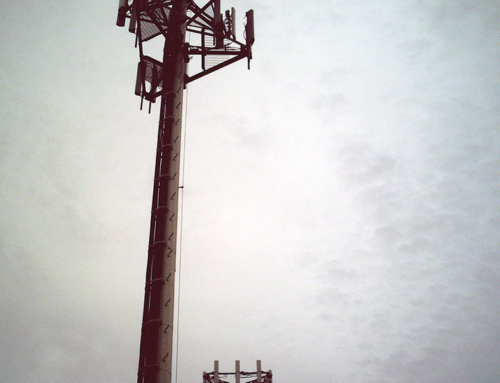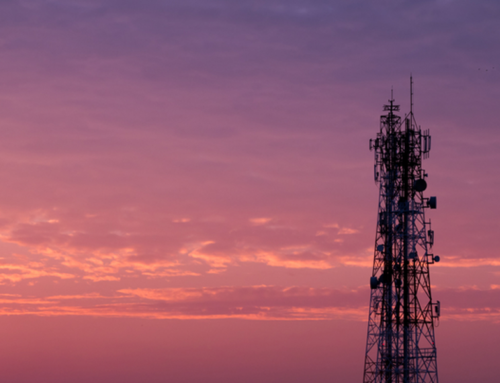The Fourth Amendment prohibits “unreasonable” government searches and seizures, requiring a warrant that is judicially sanctioned and supported by probable cause. In our increasingly digital world, interpreting the supreme law of the land becomes less clear-cut and more open to question. How should courts determine what is and isn’t reasonable when applying old laws to modern circumstances?
This question has come to the forefront of issues surrounding historical cell site data—the records of the cell towers our phones connect to for wireless service. The government has long asserted that it is unreasonable for customers to expect such records to remain private and, as such, no search warrant should be necessary to obtain them from wireless carriers.
In the last few years federal appeals courts across the country have been divided on the issue with rulings in various states falling on both sides of the argument, which might have necessitated resolution by the Supreme Court. However, the 4th Circuit U.S. Court of Appeals recently ruled that the government does not need a warrant to gain access to cell tower location information that shows where a person has used his or her cell phone. This decision reverses its earlier opinion and gives the government a 4-0 advantage in such cases.
This particular case dealt with evidence used in the robbery-related convictions of suspects Aaron Graham and Eric Jordan. Authorities did not obtain a warrant to collect 221 days of historical cell site location information from Sprint, which provided thousands of location points and placed the two defendants in the area of the armed robberies.
The Supreme Court has long held that people have no Fourth Amendment protections regarding information that is voluntarily turned over to a third-party , like bank and credit card records, hotel bills, social media profile information, and, in this case, a wireless carrier’s records of a phone’s location based on which cell tower it is connected to when in use.
“When someone buys a cell phone, he expects, at minimum, his provider to route outgoing and incoming calls and text messages,” wrote Judge Diana Gribbon Motz. “Whenever he expects his phone to work, he is permitting—indeed, requesting—his service provider to establish a connection between his phone and a nearby cell tower. A cell phone user thus voluntarily conveys the information necessary.”
By agreeing that no warrant was necessary to access the cell tower data, the 4th Circuit’s majority overturned an earlier 2-1 panel opinion by the same court. It stated that while Congress or the Supreme Court may limit or eliminate the third-party doctrine in the future, such data collection does not violate the Constitution.
Though the decision is not likely to be the last word on the issue, it deals a setback to privacy advocates as it decreases the odds that the Supreme Court will take up the case.








